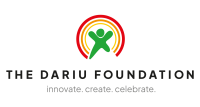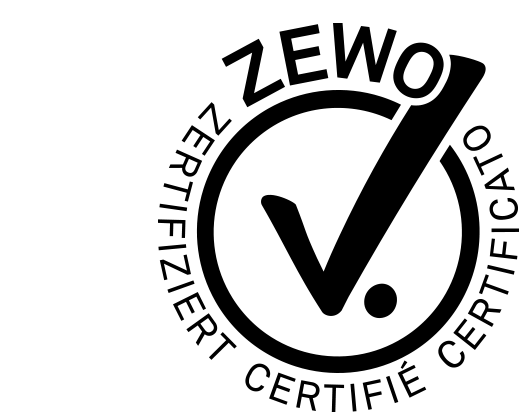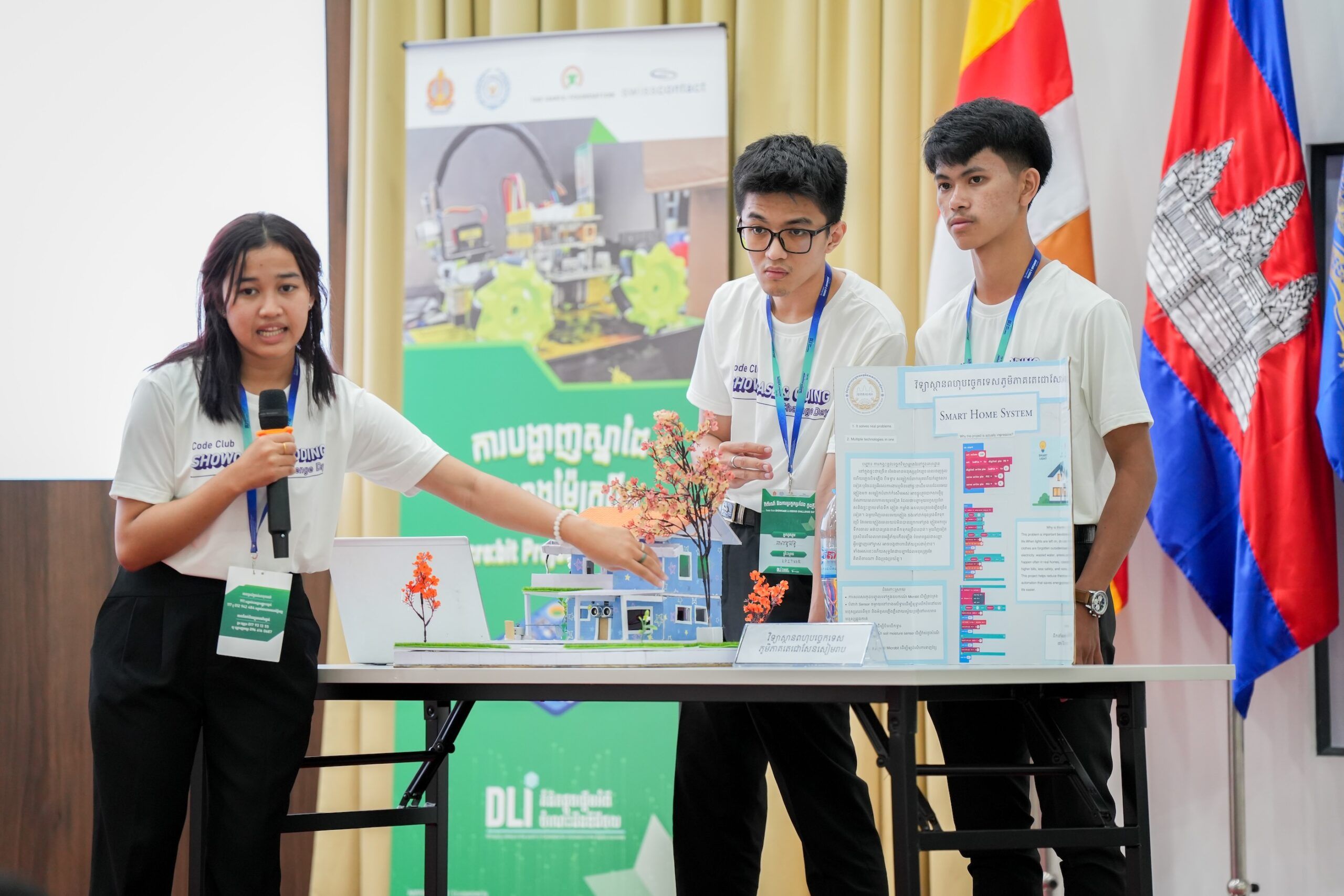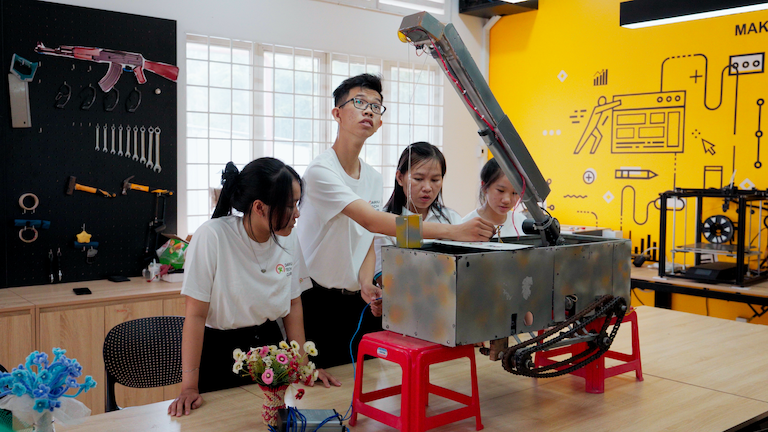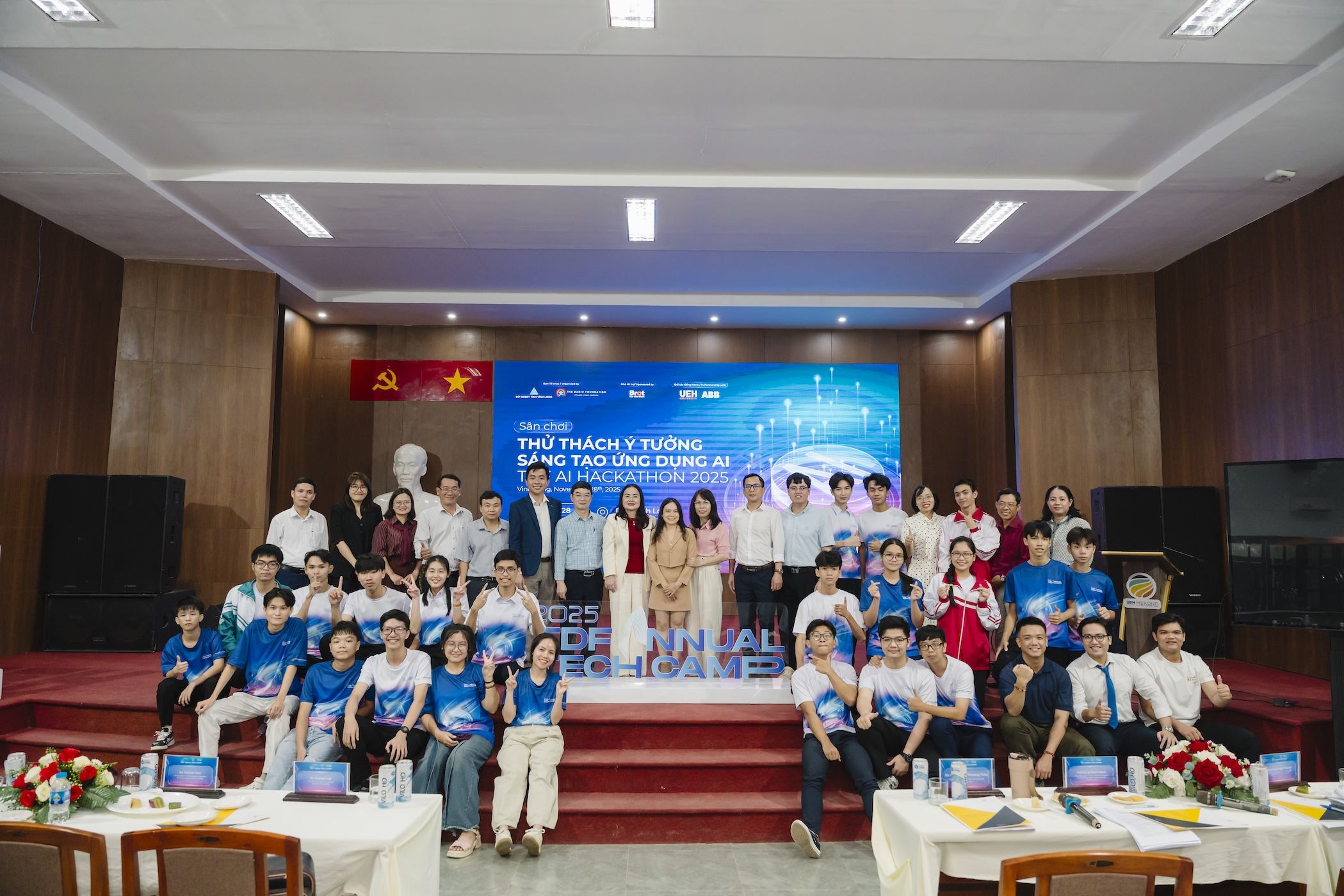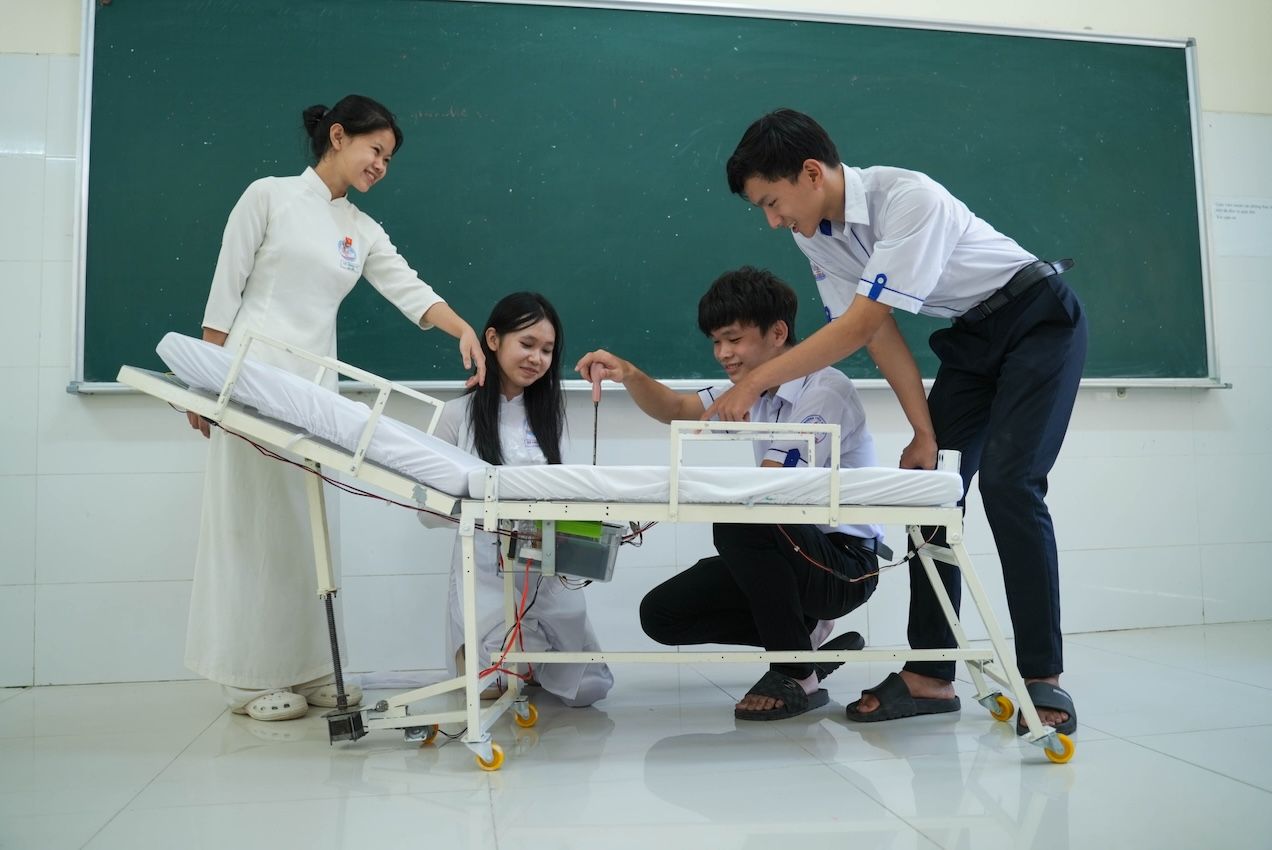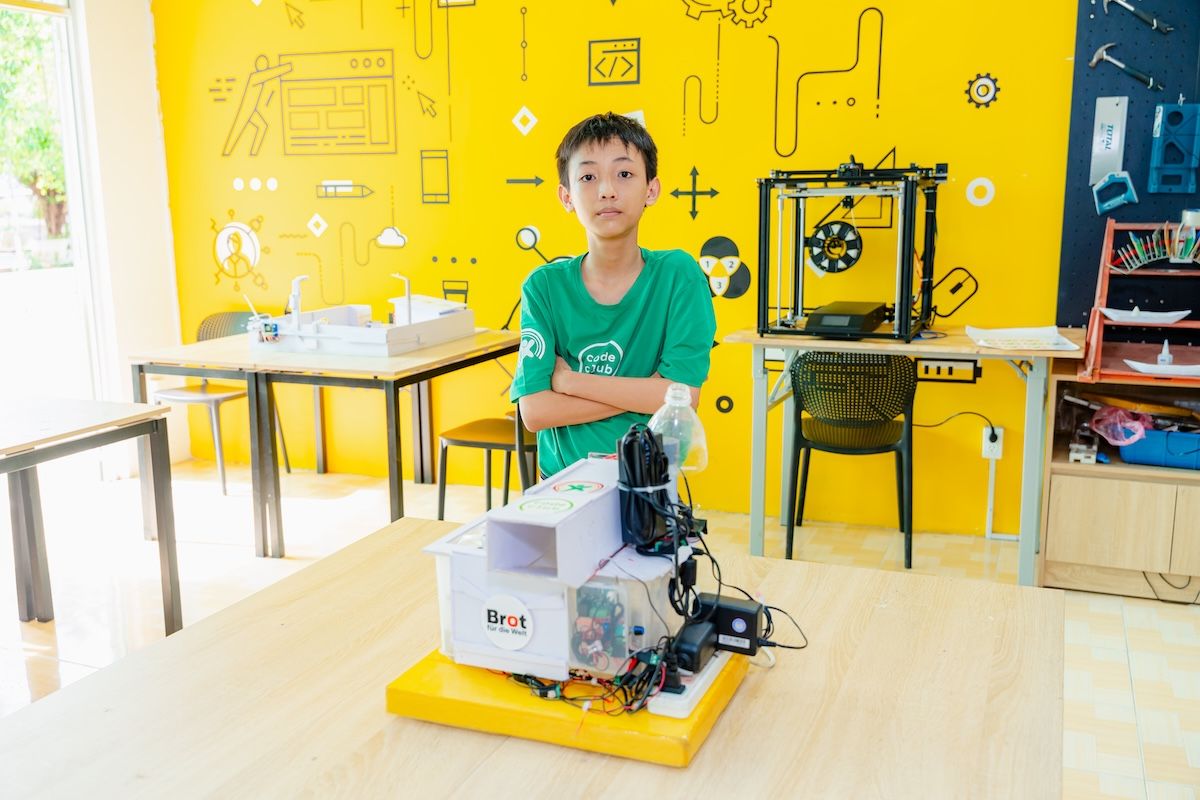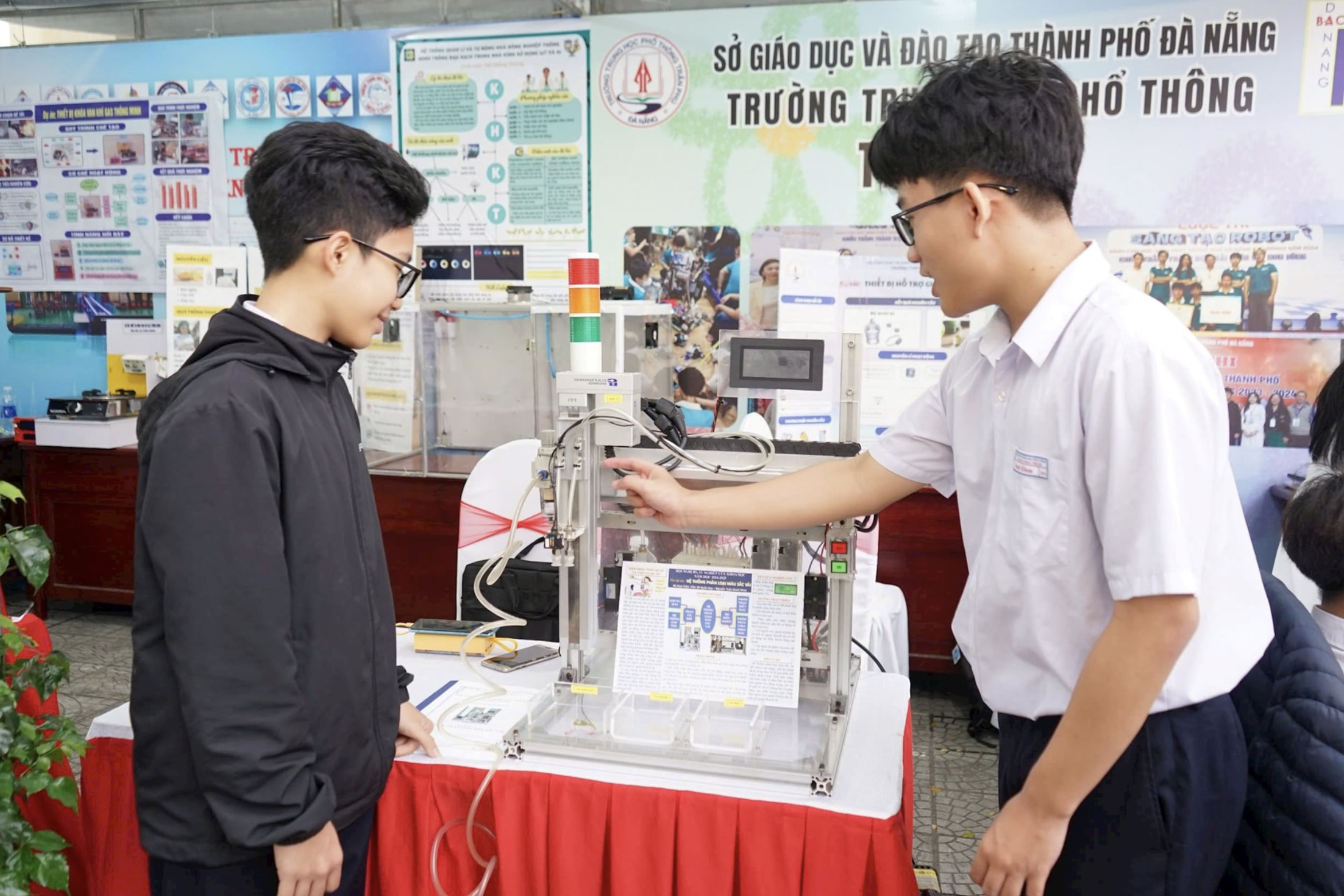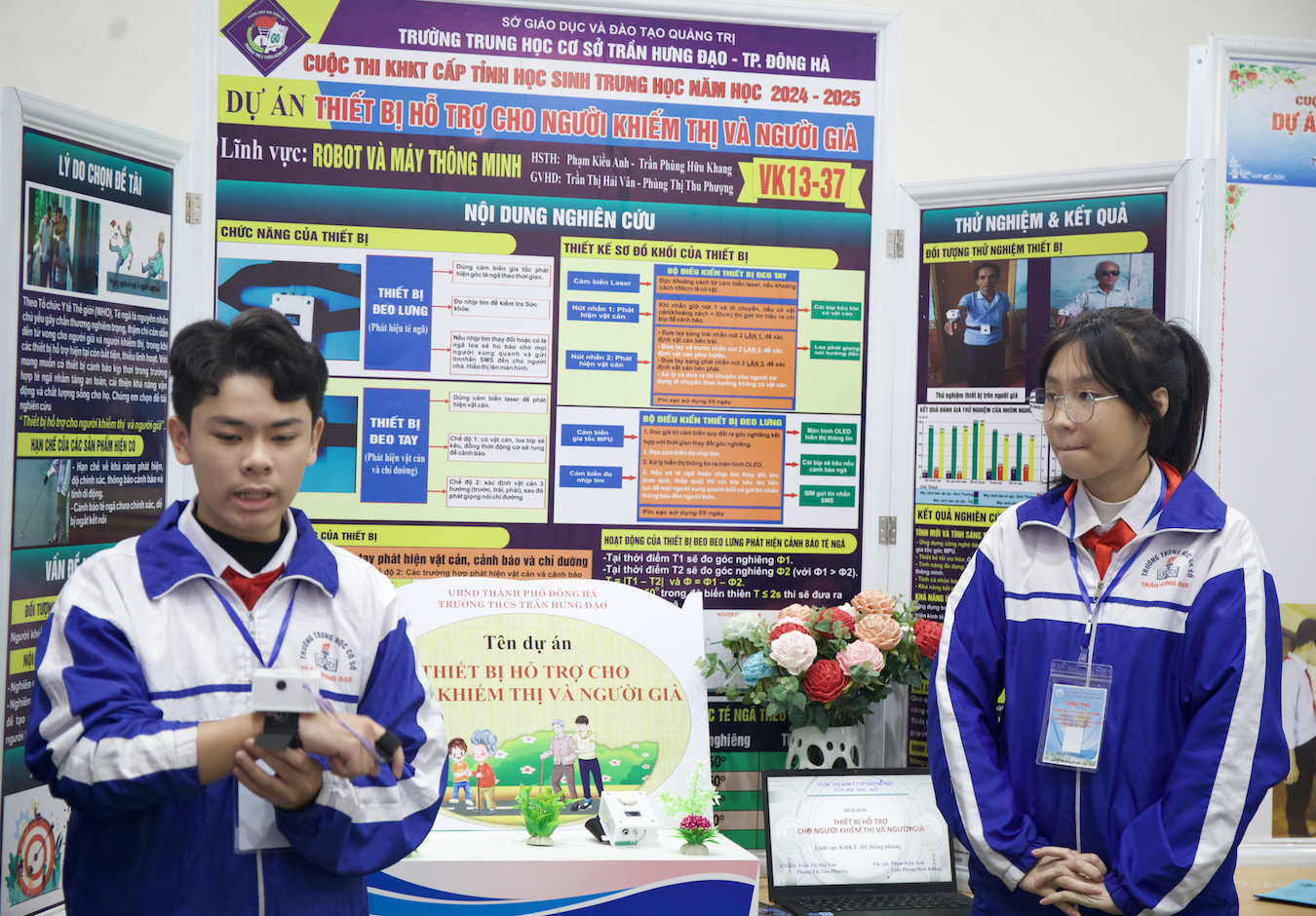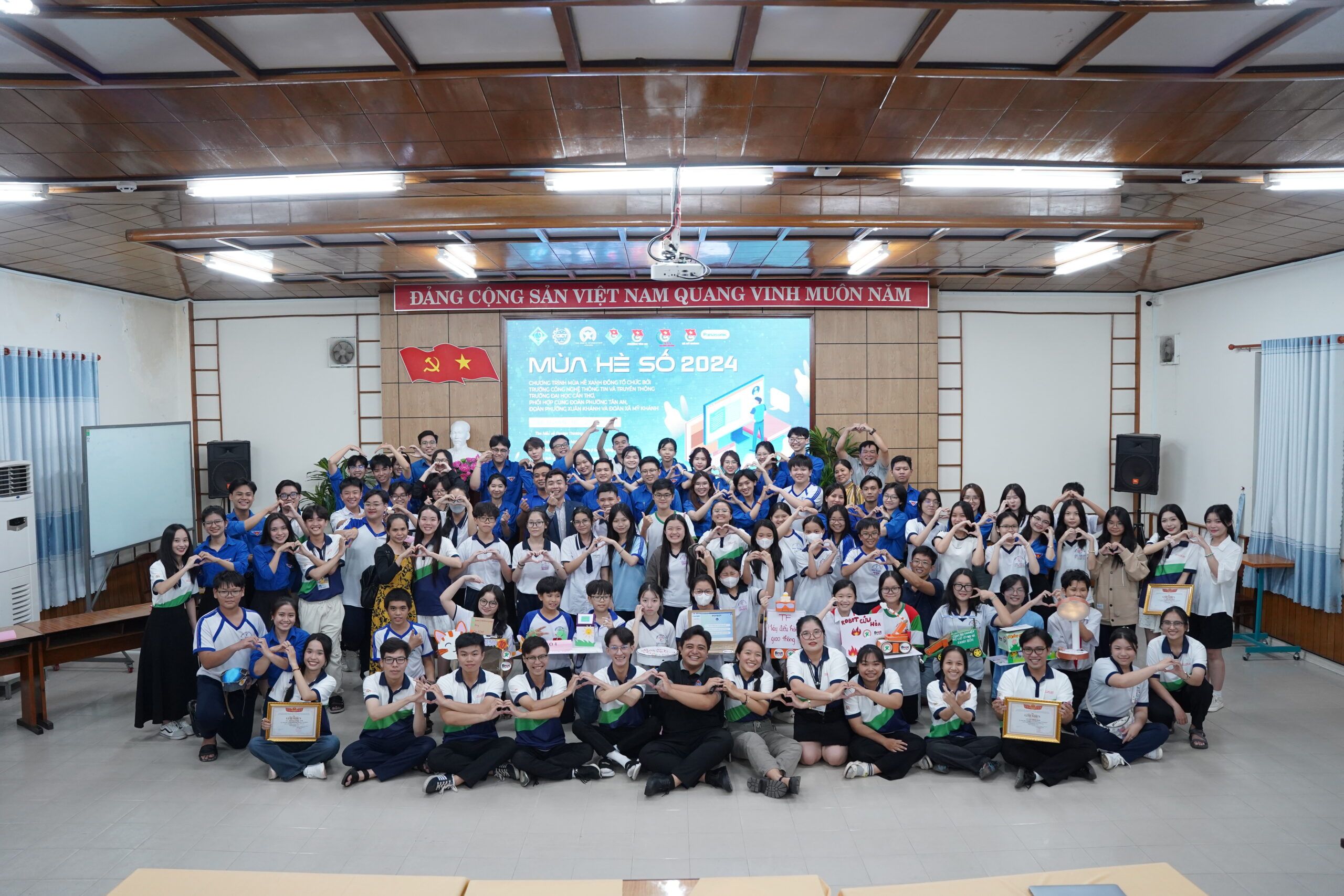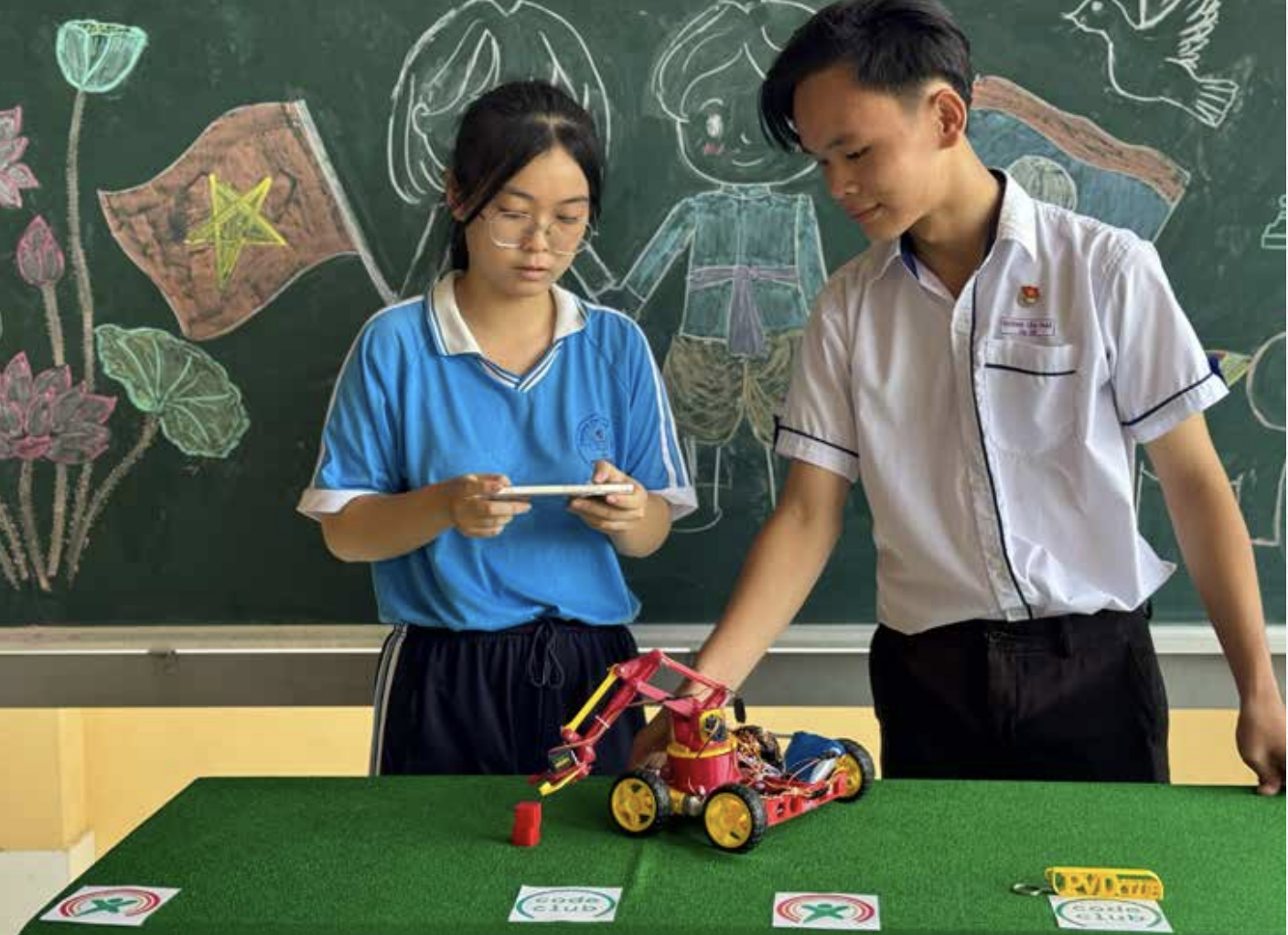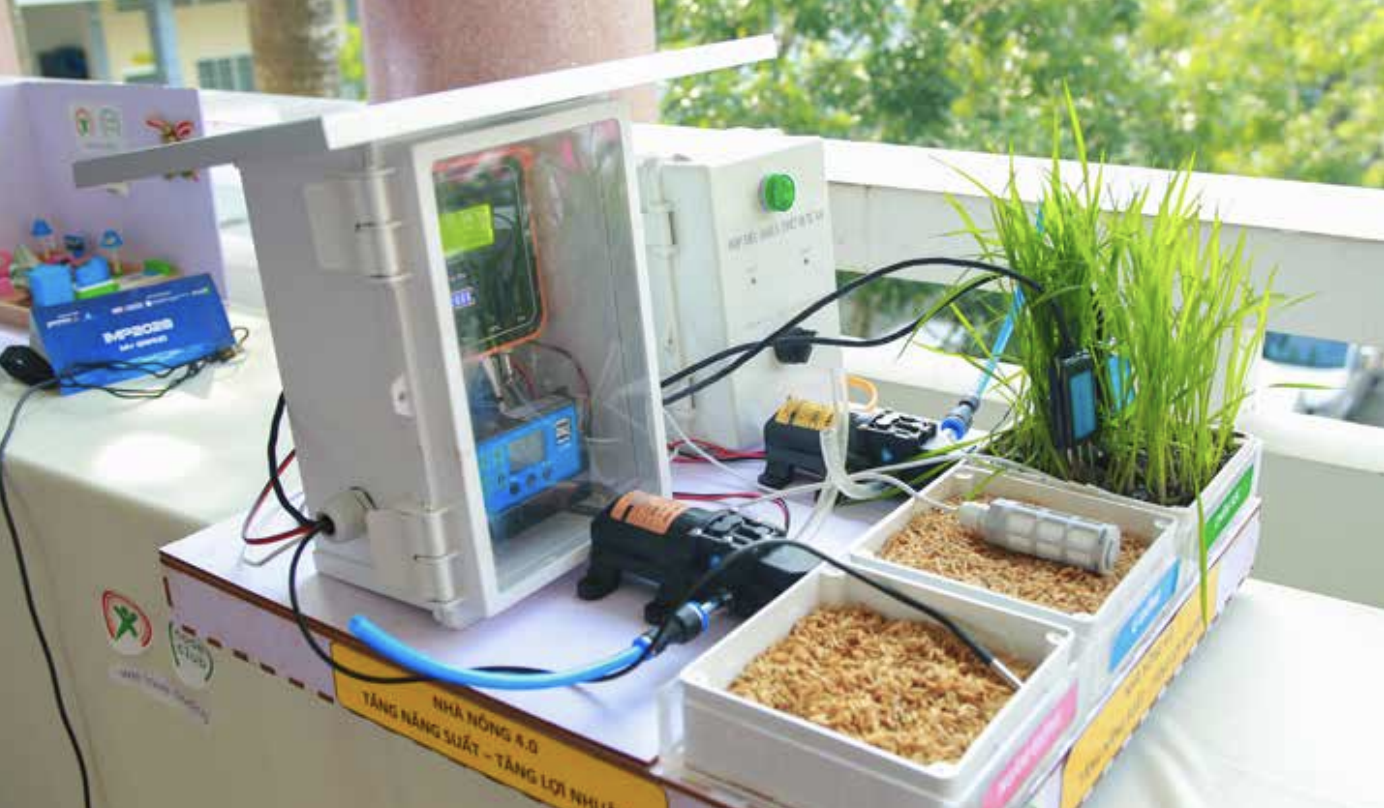In a resounding celebration of innovation and collaboration, The Dariu Foundation, in partnership with the Vĩnh Long Department of Education and Training, orchestrated the 2025 Digital Technology Festival (TDF Annual Tech Camp) on November 28th and 29th. Under the evocative theme “Exploring the Future – Innovating with AI and Robotics,” this landmark event brought together over 300 students, educators, and leaders, marking a pivotal moment in our mission to universalize digital skills for Vietnamese youth.
A Testament to International Cooperation
The festival was graced by the presence of Mr. Thomas Gass, Ambassador of Switzerland to Vietnam, whose participation underscored the robust international partnership driving digital literacy across the region. Joining him were leadership representatives from The Dariu Foundation in Switzerland, senior officials from the Departments of Education and Training of Vĩnh Long, Quảng Trị, and Đà Nẵng, as well as leaders from the Union of Friendship Organizations of Vĩnh Long and Cần Thơ, and the Department of Foreign Affairs of Quảng Trị.
This distinguished gathering illuminated the power of cross-border collaboration in shaping the technological landscape for Vietnam’s next generation. As Mrs. La Thi Thuy, Director of Vĩnh Long DOET, eloquently emphasized, technology education—particularly in AI and Robotics—serves as a crucial foundation for equipping young people to thrive in the 4.0 era.
An Ecosystem of Innovation and Discovery
The festival transformed into a vibrant nexus where knowledge, technology, and creativity converged. Students from multiple provinces immersed themselves in a rich tapestry of activities designed to challenge, inspire, and expand their technological horizons.
The Robotics Innovation Playground provided a competitive stage where young engineers demonstrated their technical prowess and creative problem-solving. Meanwhile, the AI Hackathon 2025 Finals showcased 11 outstanding projects, each addressing genuine real-world challenges through innovative AI applications—a testament to the practical, solution-oriented approach that defines our educational philosophy.
Exhibition spaces brimmed with standout projects from Dariu Tech Clubs across the region, alongside digital creative art products that blurred the lines between technology and artistic expression. Interactive Technology Experience Stations, powered by our esteemed partners including ABB Robotics, UEH University (UEH SMD/UEH Mekong), HCMC University of Technology and Education, Can Tho University, and MakersLab, offered hands-on exploration that brought abstract concepts to tangible life.
A highlight for many attendees was the Expert Talk on “The Future of Technology and Career Skills,” featuring insights from industry leaders at Google, ABB, and VinUni University. These sessions bridged the gap between classroom learning and professional reality, offering students invaluable perspectives on the evolving technological landscape and the competencies that will define tomorrow’s workforce.
Celebrating Excellence and Innovation
The festival culminated in the recognition of exceptional talent and dedication. In the AI Hackathon, Le Quy Don High School for the Gifted (Quang Tri) claimed first prize with their groundbreaking project “Echomind,” demonstrating sophisticated understanding of AI applications. The Robotics competition saw Dong Ha High School (Quang Tri) emerge victorious, their technical skill and innovative design setting a new benchmark for excellence.
Beyond individual awards, we celebrated outstanding Tech Clubs from Quang Tri, Da Nang, and Vinh Long, whose consistent dedication to technological exploration embodies the spirit of our mission.
Building Foundations for Tomorrow
As the festival drew to a close, the energy and enthusiasm radiating from participants painted a vivid picture of Vietnam’s technological future. These young innovators are not merely learning to use technology—they are discovering how to shape it, direct it, and harness it to solve the challenges facing their communities and nation.
The Dariu Foundation extends profound gratitude to all delegates, partners, and participants whose collaboration made this event possible. The presence of our academic partners—UEH University/UEH Mekong, HCMC University of Technology and Education, Can Tho University, and Van Lang University—alongside corporate leaders like ABB Vietnam, demonstrates the essential ecosystem approach required to nurture true digital competence.
As we look ahead, we remain committed to expanding the Dariu Tech Clubs model and promoting STEM/STEAM education across Vietnam. The 2025 Digital Technology Festival was not simply an event—it was a declaration of possibility, a demonstration of potential, and a stepping stone towards a future where every Vietnamese student, regardless of geography or circumstance, has the opportunity to become a digital creator, innovator, and leader.
The journey continues, and the future has never looked brighter.
